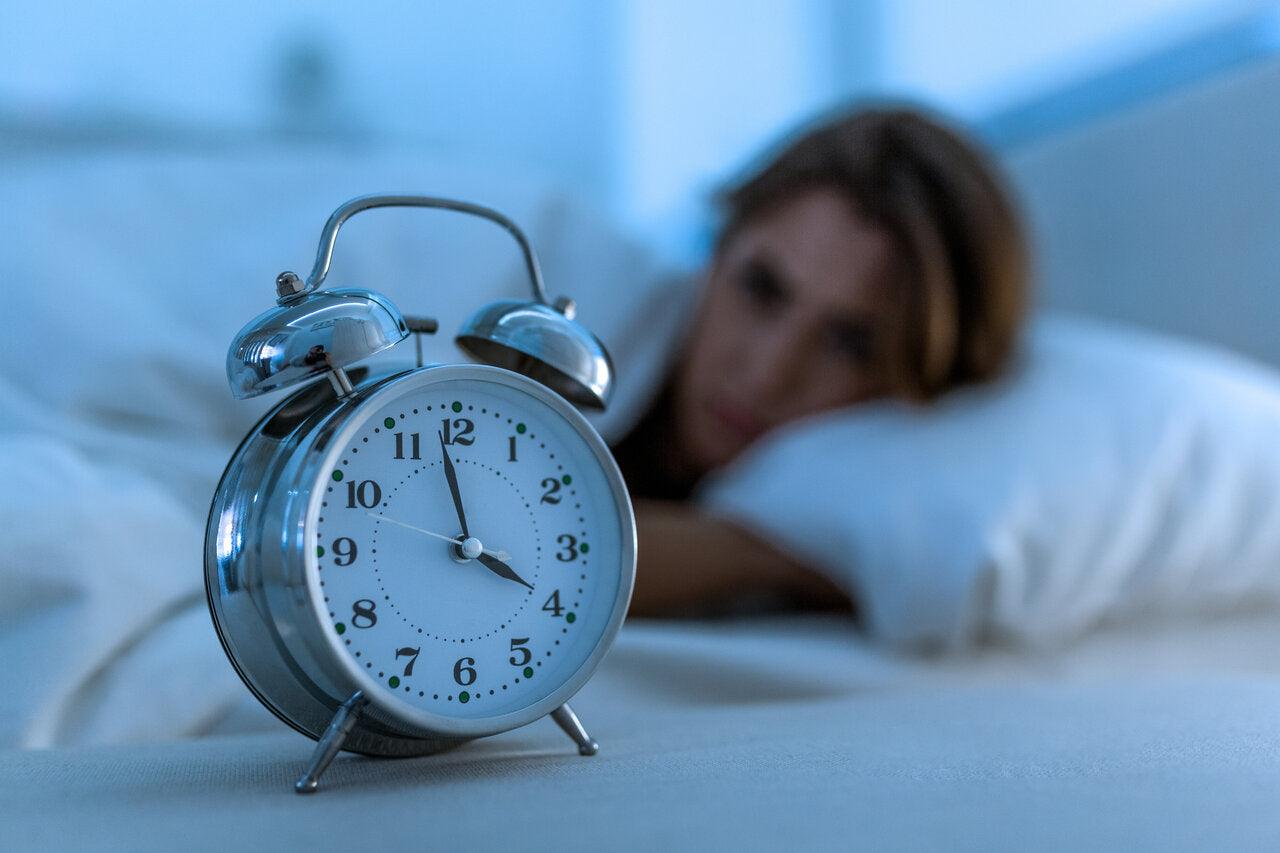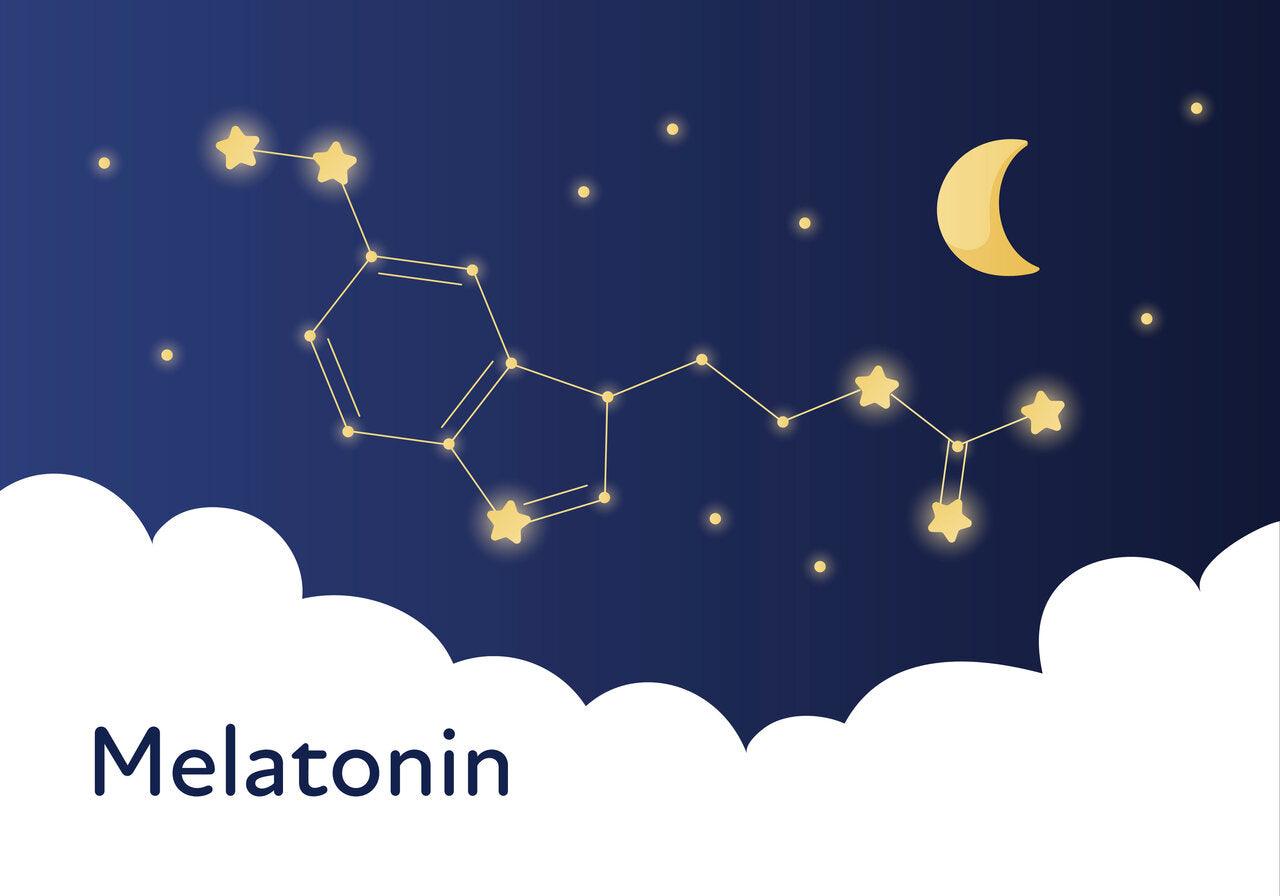Ok, so this isn’t the brightest and most fun blog you’re ever going to read, and even writing it has been hard, but it’s important that sufferers of chronic insomnia understand the longer term risks and potential health detriments.
But this isn’t meant to scare you – these are worst case scenarios and importantly there are things you can do to get on top of your insomnia…
1. Poor sleep ups our risk for heart disease and strokes.
According to an article in the European Heart Journal the length and quality of our sleep can have a considerable effect on our health. More specifically consistent loss of sleep over a long period of time can cause the body to produce chemicals that contribute and up the risk for serious diseases. These include heart disease, stroke, high blood pressure, high cholesterol, diabetes and obesity. Sorry – we told you that this wasn’t fun reading!
The research also notes that sleeping less than six hours a night and having consistent sleep disruptions gives you a 48% greater chance of developing or dying from heart disease, and a 50% greater chance of developing or dying from a stroke. So whether you are a night owl or a morning lark, it is important to try to get between 7 to 9 hours of sleep to prevent a ticking time bomb on your health.
2. A lack of sleep can affect us emotionally.

Being emotional is no bad thing at all, we are all different when it comes to showing and feeling our emotions, but it is widely known that some of the major mental health issues, like depression and anxiety, have been strongly tied to chronic poor sleep quality.
This is backed up by a study published by the National Center for Biotechnology information, which found that 90% of patients with depression have issues with the quality of their sleep.
And it’s a complex and challenging cycle to break, because while depression can cause sleep problems, sleep problems can also cause depression with 50% of insomnia cases being linked to depression or anxiety. It can be a horrible vicious circle, so If you are at all worried you are suffering from depression it is best to seek the help of a medical professional.
3. Lack of sleep can increase inflammation in the body.
Not only can poor sleep increase inflammation in the body, but in instances where there is already an inflammatory disease in the body.
There is a tendency towards sleep disturbance, inflammation has been proven to be higher in people with poor sleep habits or those with sleep disorders and people who have diseases that increase inflammation in the body, like cancer or diabetes have noted that they have trouble sleeping.
So it works both ways, no sleep increases inflammation and inflammation increases our tendency toward no sleep.
Getting at least eight hours of sleep, especially when you are under the weather, can improve the function of your immune system and even help a healthy person fight off common colds and viruses.
According to Dr.David M Rapoport, director of the sleep medicine program at the NYU Langone Medical Center, we should think of sleep as a tune up we need each night to run smoothly the next day.
4. Poor sleep can make us a little socially awkward!
Covid has probably made a lot of us a little more socially awkward recently! But did you know that a lack of sleep can also have a negative impact on how we behave in social situations. We essentially lose our ability to interact on a social level and process our emotions if we don’t get enough sleep.
Sleep is important for our cognition, concentration, productivity and performance. According to a sleep study carried out by the division of sleep medicine at Harvard Medical School, being awake for 24 hours is equal to being over the legal driving limit for alcohol!
Basically just one day without sleep impairs your brain to the same point, as if you were pretty heavily intoxicated with alcohol. On the contrary, good sleep has been shown to improve memory, problem solving skills, concentration and recognition.
5. Poor sleep can make us fat.
We don’t need any other reasons to make us put on weight – we all have our cravings and naughty habits like scoffing chocolate bars when feeling stressed or anxious.
But there is a clear link between a lack of sleep, or more precisely, feeling uber tired will limit your ability to exercise and eat healthily! Are you one of those people who raid the refrigerator when you can’t sleep?
There is a hormone called ghrelin, that’s released during periods of sleep deficiency, and it’s responsible for stimulating our appetite, at the same time the release of leptin, the hormone responsible for suppressing our appetite, is cut off.
Basically our body sets us up to make healthy and smart food choices when we sleep well and poor ones when we don’t.
Furthermore, our bodies recover from mental, as well as physical, exertion during sleep. If it isn’t clear enough by now – sleep is vitally important to us!
Don’t Panic – help is out there!
So by now you should be fully aware of the negative aspects that a lack of sleep has on our bodies. But as we said at the start of this article, the good news is that even though you may be a bad sleeper at the moment, there are definitely things you can do in order to change this.
The Ten PM website and blogs contain lots of useful information on sleep hygiene and lifestyle tips that will certainly help make a big difference. But you also need to remember that there isn’t an instant cure, this isn’t going to change overnight.
They say it takes 21 days to form a habit. So why not try our tips for three weeks and see what happens?
For those that would like a little extra help, Ten PM also produces a range of fantastic products that have been scientifically created and extensively researched to bring you the latest supplements and technology to help repair your poor sleep habits.
These products are ideal for those of you that really want to take your sleep hygiene up a notch and prioritise it as part of your overall lifestyle to give yourself the best chance of achieving a great night’s sleep.
Just picture this healthy bedtime routine……a warm mug of luxury hot chocolate with an oat and cherry biscuit an hour before bedtime; a spritz of lovely scented oils on your bedding and pyjamas; a couple of super convenient easy to swallow capsules; and for those who don’t have a pitch black room at home, a super comfortable and 100% blackout eye mask.
Sounds good to us (we are slightly biased seeing as we created all of these products for you!), but all of these sleep aids will give your body the best chance of that great night’s sleep.
As with many body functions, your Circadian Rhythm can get out of alignment for a variety of reasons, which can lead to sleep disorders such as insomnia. When your internal rhythm is off, it can affect your sleep as well as your wake time.
To get good, healthy sleep, it helps to know what keeps your body’s clock on track and what might throw its rhythm off, especially as small changes can upset your circadian rhythm. Some typical examples which can negatively impact your Circadian Rhythm are:
- Jet lag: this is probably one of the best known Circadian Rhythm disorder and occurs when you pass through different time zones, you can adjust your watch but not your body clock. The more time zones you pass through, the more off you may feel. Your body clock will reset to the new time you’re in, but it can take a few days and there are tips on how to achieve this which we will include in another blog. In most cases jet lag is temporary and regular sleep patterns do return.
- Extra sleep: Your body clock works best when you stick to a schedule. In an ideal world, you’ll go to sleep and wake up within a half hour of the same time each day, even on weekends. People who take naps at different times, or have lie ins at the weekend have a tendency to impact their Circadian Rhythm. So when you think you’re helping your tiredness by going back to sleep on weekends, you’re actually disrupting your body clock even more.
- Newborn Baby: Needless to say your sleep and wake times will materially change when you have a newborn baby in the house, trust us, it will get better once your baby sleeps through the night, honest!
- Night shifts: If you work nights, you’ll need to sleep during the day. This can be tough since your body is programmed to be awake when it’s light outside. Over time, you can start to have what’s called shift work disorder. You’ll find it hard to stay awake at night, yet struggle to sleep during the day. Naps during the day or your night shift can help.
So if you think your Circadian Rhythm has gone rogue and you need some , make sure you follow our top tips on ensuring you have a healthy bedtime routine to get back on track!
- European Heart Journal https://academic.oup.com/eurheartj/
- National Center for Biotechnology https://med.nyu.edu/surgery/nyu-langone-medical-center
- Harvard Medical School https://sleep.med.harvard.edu/about-us
- Wikipedia https://en.wikipedia.org/wiki/Ghrelin



